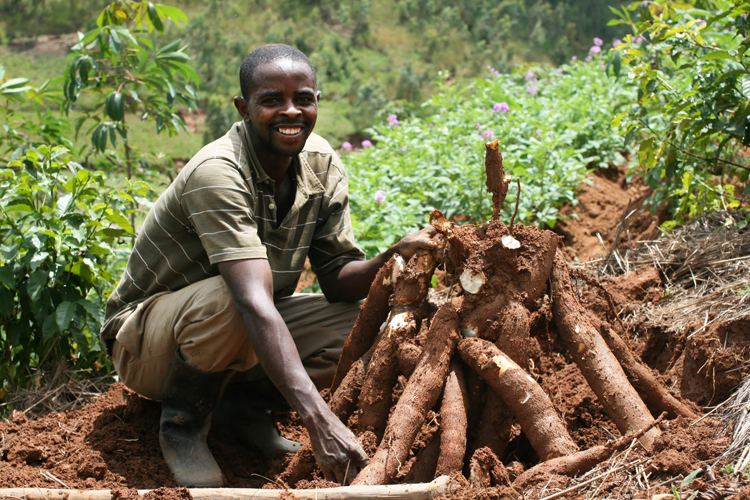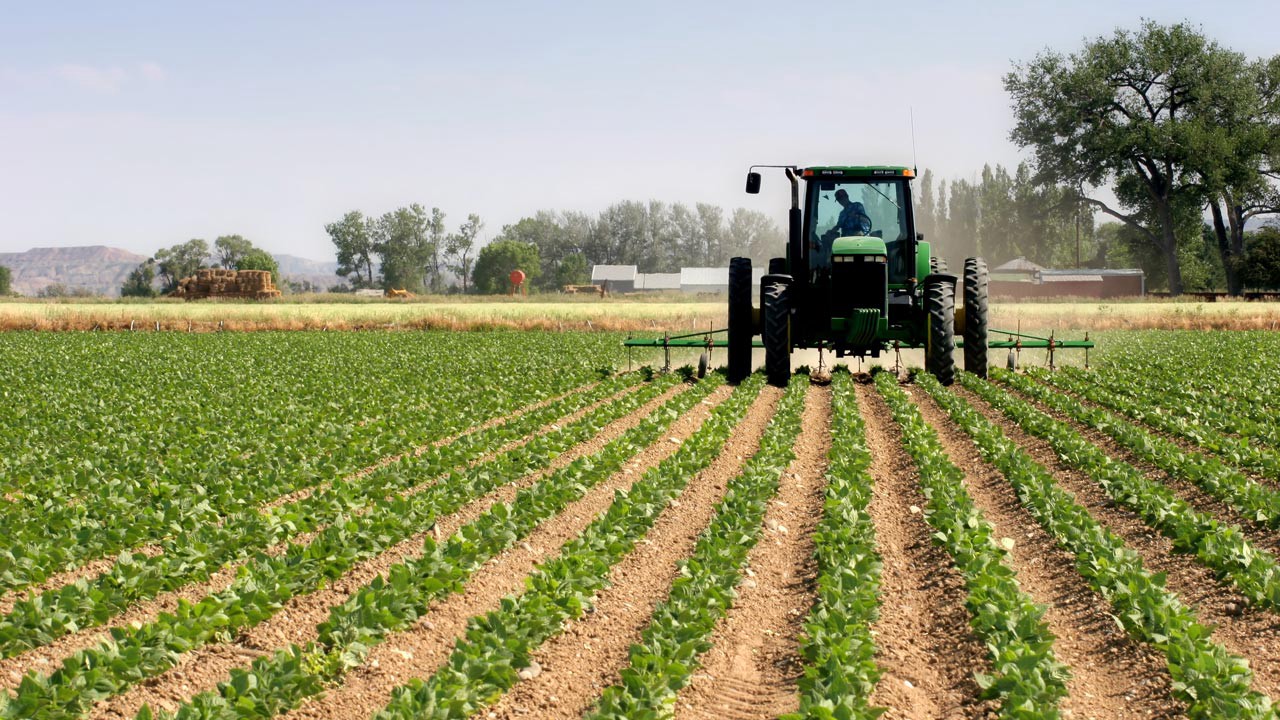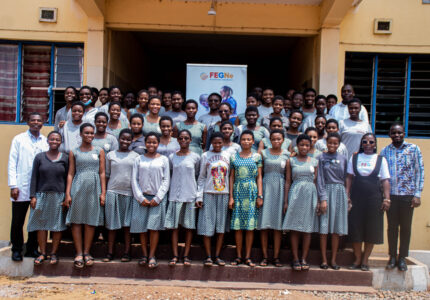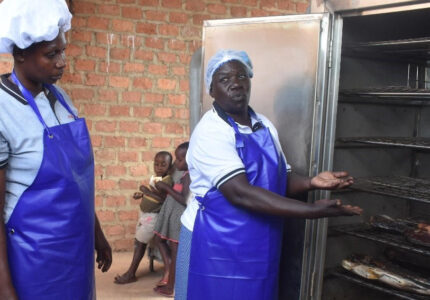Cassava farming, a lucrative venture for most farmers in Ghana may see its decline soon if the needed intervention is not made. Cape Coast, a town on the coastal belt of Ghana where most cassava plantations can be found cannot be left out of the situation as they face a bigger challenge regarding processing.
Being a central food in Ghana and contributing about 46% of agricultural Gross Domestic
Product (GDP) to the country’s economy, cassava is consumed in all 16 regions of Ghana. It
accounts for a daily calorie intake of 30% in the country and is grown by almost every farming family especially those along the coastlines.
It is established that farmers make better livelihoods from processing cassava into other forms
than selling the root crop raw on the market. These other forms include ethanol, gari, tapioca, starch and flour.
“We usually have to sell all our harvested crops at a very cheap price on the market or leave them to rot at our expense” said Isaac Osei who owns a four acre cassava farm. “There is a glut on the cassava market and our buyers determine the price for us after our hard work. We always end up selling at their price since we don’t want our crops to go bad. We sometimes leave most of the harvested produce on the farm because they are quite bulky and transporting them to the market is expensive. I for one, can’t afford that”
According to the Cape Coast Metro Agriculture Department under the Ministry of Food and Agriculture, the area produces about 10,000 tons of cassava per year. Philip Arthur, the senior agricultural extension agent at the department said the area has the potential to produce more crops but farmers are gradually losing interest due to very minute profits they make from selling their produce raw on the market. He explained the absence of a processing facility has been a big challenge, “Cape Coast has a good and suitable land for cassava cultivation and the farmers are doing well by producing enough yearly. However, most farmers are becoming discouraged with time because of low patronage of their raw produce. The few who are able to process theirs to gari make some good money since gari is almost all the time a needed commodity on the market. If they can have easy access to a processing facility, they would be encouraged to plant more and make more gains to better their livelihoods. Most of them are poor and just the ability to access a processing plant can change their status” he posited.
Out of over 70 farmers in the metropolis who cultivate cassava on a larger scale, 5% own personal processing plants and less than 20% have access to these facilities. “It is not easy to process my raw cassava to gari but I make good money out of it so I don’t mind. I am able to pay others I employ to help me with the process. My plant is locally manufactured and so I do have some challenges along the line almost all the time. If I have a modern one, work would be easier for us and those who come here to use my plant. Most of the money I charge goes back into maintenance” Kwame Atta , a gari processing facility owner told me on a visit to his facility.
Gari is one of the most popular processed cassava products in all the cassava producing areas in Ghana. Traditional processing of gari from fresh cassava is made up of various unit operations of peeling, washing, grating, pressing and fermentation, sieving and roasting. Use of local equipment can make these processes very cumbersome for farmers.
Currently, the Agriculture department welcomes any form of aid to acquire processing facilities for its farmers to boost their interest in cassava production, “The department is now seeking for sponsorship with both public and private stakeholders to set up processing plants and make them easily accessible to farmers who would like to process their cassava to gari. This way, we believe the interest in cassava cultivation will be maintained and our farmers can produce for our market and for export as well. Most importantly, their lives will become better. We will welcome and will be willing to work with any organization that comes on board to achieve this objective” Philip Arthur said.
By: Dennis Baffour-Awuah






nicolialia pizzeria
Great post. I was checking continuously this blog and I’m impressed!
Extremely helpful info particularly the last part 🙂 I care for such information much.
I was looking for this certain information for a long time.
Thank you and good luck.